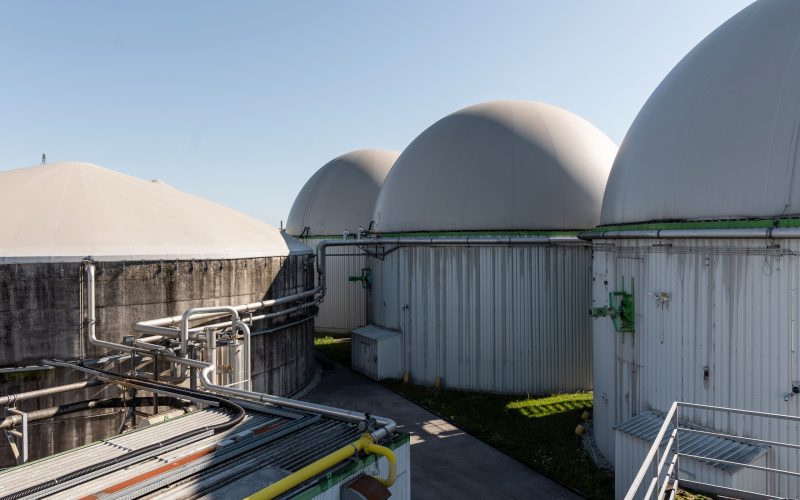Biomethane plant in Spain with a capacity of over 55 million m3 of biomethane/year
We share information about one of the biggest biomethane plants in Europe, located in Valdemingómez technological park in Madrid (Spain) waste treatment complex.
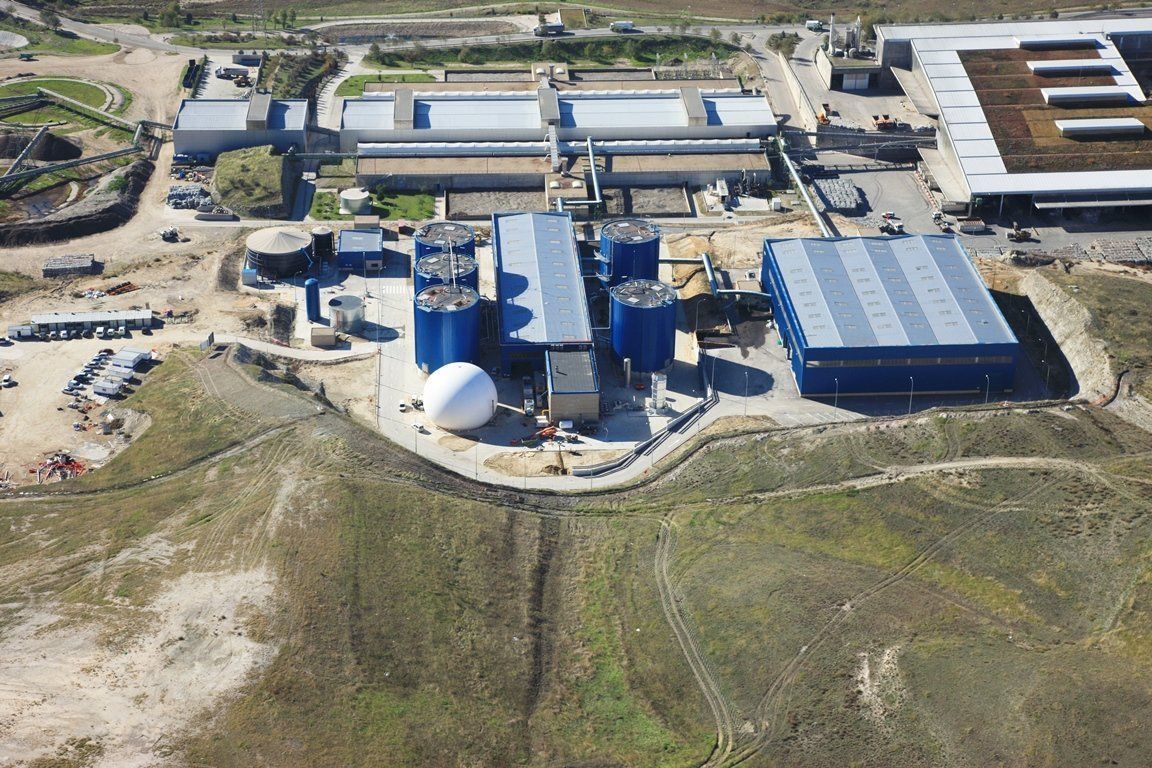
The complex has two plants: Las Dehesas і La Paloma. And modern equipment is installed here to enrich the gas to biomethane, which allows it to inject 6,500 m3/h of biomethane into the grid, one of the highest capacities in Europe.
Las Dehesas can process 218,000 tones per year, 161,000 dedicated to biomethane production, while La Paloma’s average capacity is 151,000 tones/year, with 108,175 used for biomethane production. Additional capacity is diverted to a CHP for electricity generation.




The plant was the first one commissioned in Spain in 2009 and it is owned by Madrid City Council, who is also in charge of the waste collection that feeds the 9 digesters. There are two lines of feedstock:
- food waste collected separately, as the collection scheme was extended to the whole city last year (including food organisations),
- organic fraction from the general waste, recovered in the waste treatment centre. Valdemingómez serves the whole city of Madrid and neighbouring towns of Arganda and Rivas-Vaciamadrid.
The centre provides an integral treatment, recycling other materials from plastics, paper, and glass bins, and methane capture from closed landfill area. The produced biomethane has a quality above average natural gas in the Spanish grid, mostly imported from Algeria, with a CH4 concentration of above 96%, CO2 below 1%, and O2 below 0.4%.
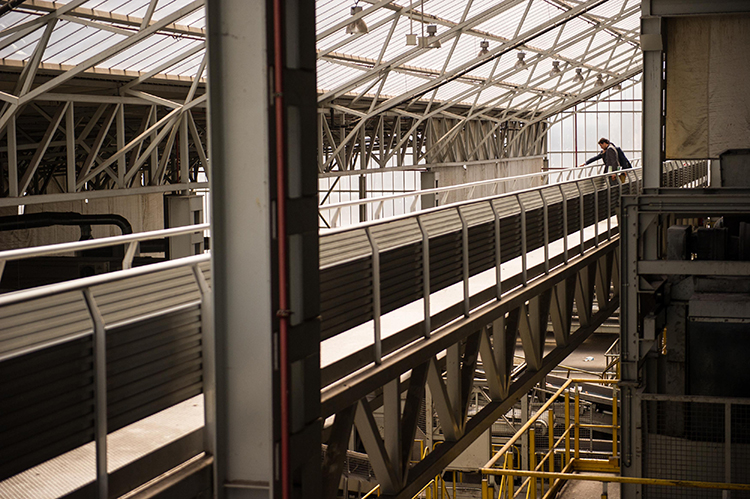
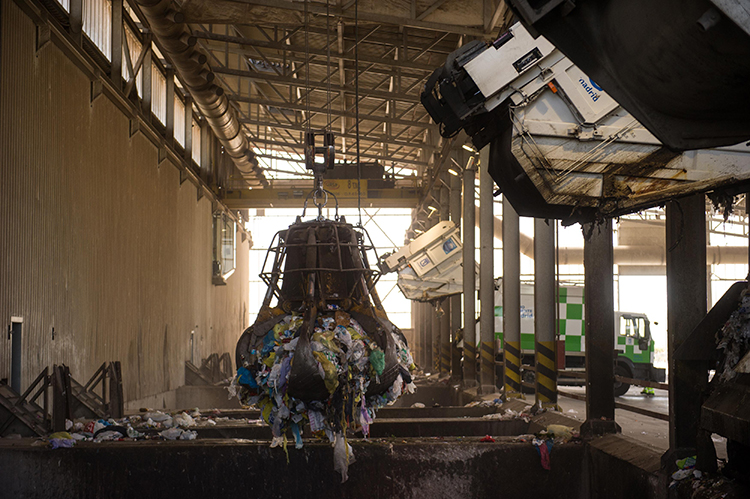
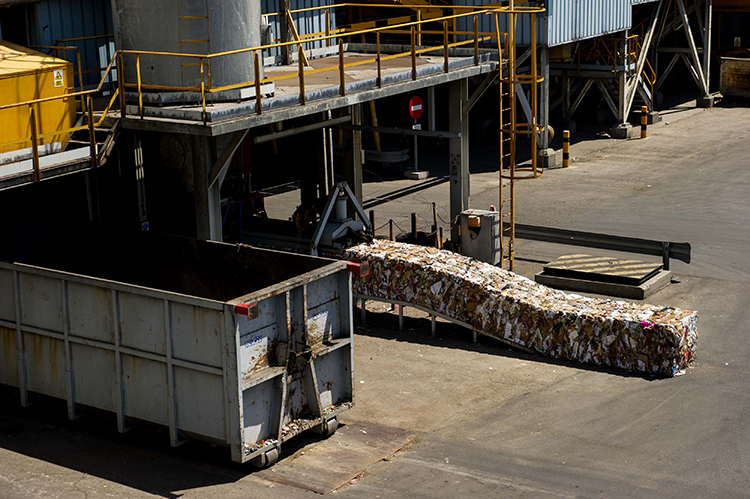
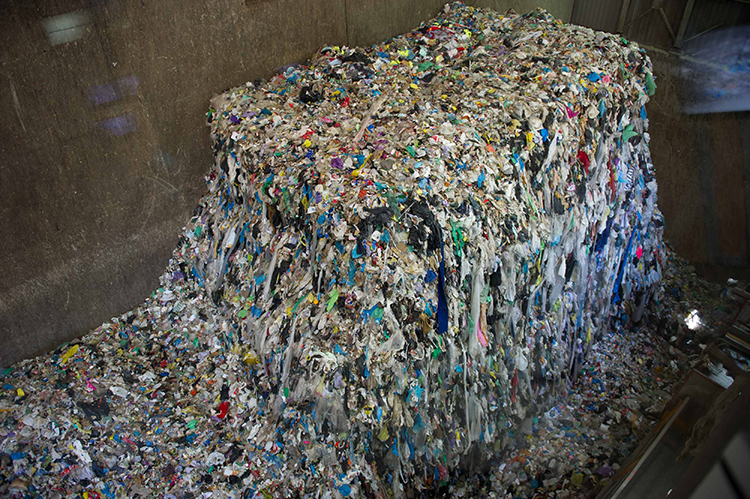
It is injected directly to the grid, with one of the main pipelines passing by the site. The city of Madrid is also powering its entire waste collection and the majority of its bus fleet with natural gas.
Also, the complex consists of the education centre, the waste reception area, the sorting process, the two AD plants, the biomethane upgrader, and an additional waste-to-energy plant where the non-recyclable fraction is combusted. The digestate is either composted on-site or used to maintain bacterial levels during the process.


